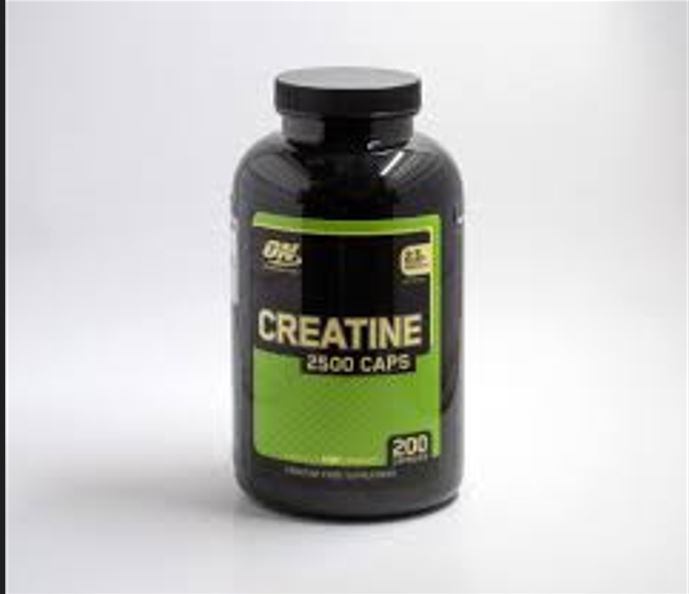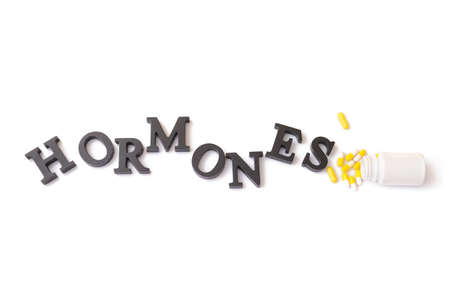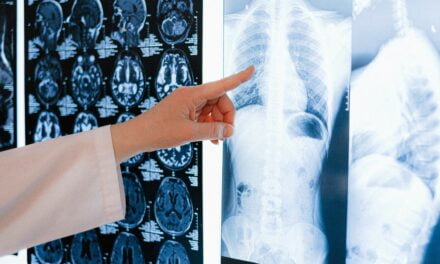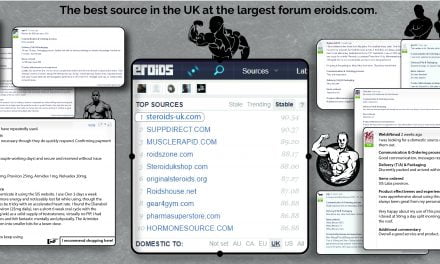Anabolic steroids have long been associated with rapid muscle growth, but their potential health risks and legal restrictions have prompted many fitness enthusiasts to seek safer alternatives. This article aims to provide a comprehensive overview of the closest alternatives to anabolic steroids, focusing on natural supplements, selective androgen receptor modulators (SARMs), peptide hormones, plant-based compounds, and the crucial role of training and lifestyle factors.
Natural Supplements and Compounds
- Creatine: Creatine is a naturally occurring compound found in muscle cells that plays a crucial role in energy production during high-intensity activities. It has been extensively studied and proven effective in enhancing strength, muscle size, and overall exercise performance. While generally considered safe, individuals with kidney issues should consult a healthcare professional before use.
- Protein Supplements: Protein supplements, including whey, casein, and plant-based options, are widely used to support muscle recovery and growth. They provide essential amino acids necessary for protein synthesis. Choosing the right type of protein supplement depends on individual dietary preferences and goals.
- Branched-Chain Amino Acids (BCAAs): BCAAs, comprising leucine, isoleucine, and valine, are essential amino acids that play a vital role in muscle growth and repair. They can be consumed through dietary sources or as supplements. While BCAAs have shown benefits in reducing muscle soreness and improving exercise performance, they are most effective when part of a balanced diet.
Selective Androgen Receptor Modulators (SARMs)
SARMs are a class of compounds that interact with androgen receptors in a tissue-selective manner, mimicking some of the effects of anabolic steroids without the same level of androgenic side effects. They have gained popularity among fitness enthusiasts seeking a middle ground between natural supplements and traditional steroids. However, it’s important to note that SARMs may come with potential risks and ethical considerations, and their use should be approached with caution.
Peptide Hormones
- Growth Hormone (GH) Secretagogues: GH secretagogues stimulate the release of growth hormone, which plays a crucial role in muscle growth, metabolism, and overall body composition. While these compounds can be effective, they may also pose legal and safety concerns. Consulting a healthcare professional is essential before considering their use.
- Insulin-like Growth Factor-1 (IGF-1): IGF-1 is a hormone with potent anabolic properties, closely associated with growth hormone. It plays a significant role in muscle development and repair. However, the administration of IGF-1 requires careful monitoring and carries potential risks, making it important to seek professional guidance.
Plant-Based Compounds
- Phytoecdysteroids: Phytoecdysteroids are plant-derived compounds that exhibit anabolic properties. Found in various plants, they have shown promise in enhancing muscle growth. However, more research is needed to fully understand their efficacy and potential side effects.
- Steroidal Saponins: Steroidal saponins are naturally occurring compounds found in certain plants. They have been studied for their potential to support muscle growth. While they show promise, their availability and usage may vary, and further research is warranted.
Training and Lifestyle Factors
While supplements play a valuable role in supporting muscle growth, they should be viewed as part of a holistic approach to fitness. A proper training regimen, balanced nutrition, and adequate rest are fundamental to achieving optimal results. Tailoring these factors to individual needs and goals is essential for long-term success.
When considering alternatives to anabolic steroids, it’s crucial to approach the decision with careful consideration of individual goals, health status, and legal regulations. Natural supplements, SARMs, peptide hormones, and plant-based compounds offer various options, each with its own benefits and considerations. Consulting a healthcare professional or qualified fitness expert can provide personalized guidance for safe and effective supplementation. Remember, achieving sustainable muscle growth requires a comprehensive approach that encompasses training, nutrition, and lifestyle factors.
FAQs
Q1: What is creatine and how does it contribute to muscle growth?
A1: Creatine is a naturally occurring compound found in muscle cells. It plays a crucial role in energy production during high-intensity activities. It has been extensively studied and proven effective in enhancing strength, muscle size, and overall exercise performance.
Q2: What are the different types of protein supplements, and how do they support muscle growth?
A2: Protein supplements come in various forms, including whey, casein, and plant-based options. They provide essential amino acids necessary for protein synthesis, supporting muscle recovery and growth.
Q3: What are BCAAs, and how do they benefit muscle growth and exercise performance?
A3: BCAAs, or Branched-Chain Amino Acids, are essential amino acids including leucine, isoleucine, and valine. They play a vital role in muscle growth and repair and have been shown to reduce muscle soreness and improve exercise performance when part of a balanced diet.
Q4: What are SARMs, and how do they compare to anabolic steroids in terms of muscle growth?
A4: SARMs, or Selective Androgen Receptor Modulators, are compounds that interact with androgen receptors in a tissue-selective manner, mimicking some of the effects of anabolic steroids without the same level of androgenic side effects. They have gained popularity among fitness enthusiasts seeking a middle ground between natural supplements and traditional steroids.
Q5: What are some considerations and potential risks associated with the use of SARMs?
A5: While SARMs offer potential benefits for muscle growth, they also come with potential risks and ethical considerations. It’s important to approach their use with caution and seek professional guidance.
Q6: How do growth hormone secretagogues contribute to muscle growth, and what are some important considerations before using them?
A6: Growth hormone secretagogues stimulate the release of growth hormone, which is crucial for muscle growth, metabolism, and body composition. However, their use may raise legal and safety concerns, and it is essential to consult a healthcare professional before considering their use.
Q7: What role does Insulin-like Growth Factor-1 (IGF-1) play in muscle development, and what precautions should be taken when considering its administration?
A7: IGF-1 is a hormone with potent anabolic properties, closely associated with growth hormone. It plays a significant role in muscle development and repair. However, the administration of IGF-1 requires careful monitoring and carries potential risks, making it important to seek professional guidance.
Q8: What are phytoecdysteroids and how do they relate to muscle growth?
A8: Phytoecdysteroids are plant-derived compounds with anabolic properties. They show promise in enhancing muscle growth, but further research is needed to fully understand their efficacy and potential side effects.
Q9: What are steroidal saponins, and how do they support muscle growth? What considerations should be kept in mind when using them?
A9: Steroidal saponins are naturally occurring compounds found in certain plants. They have been studied for their potential to support muscle growth. While they show promise, their availability and usage may vary, and further research is warranted.
Q10: Why is it important to consider training, nutrition, and rest as part of a holistic approach to muscle growth, alongside supplementation?
A10: While supplements play a valuable role in supporting muscle growth, they should be viewed as part of a holistic approach to fitness. A proper training regimen, balanced nutrition, and adequate rest are fundamental to achieving optimal results. Tailoring these factors to individual needs and goals is essential for long-term success.
Author

Dr. Aditya K. Sharma
I am Dr. Aditya Sharma, a dedicated urologist specializing in kidney transplants and advanced urological surgeries. My career is driven by a passion for delivering exceptional care and pioneering surgical techniques. Outside the operating room, I have a keen interest in studying the effects of anabolic steroids on bodybuilding, seeking to understand the fine line between enhancing performance and maintaining health.







